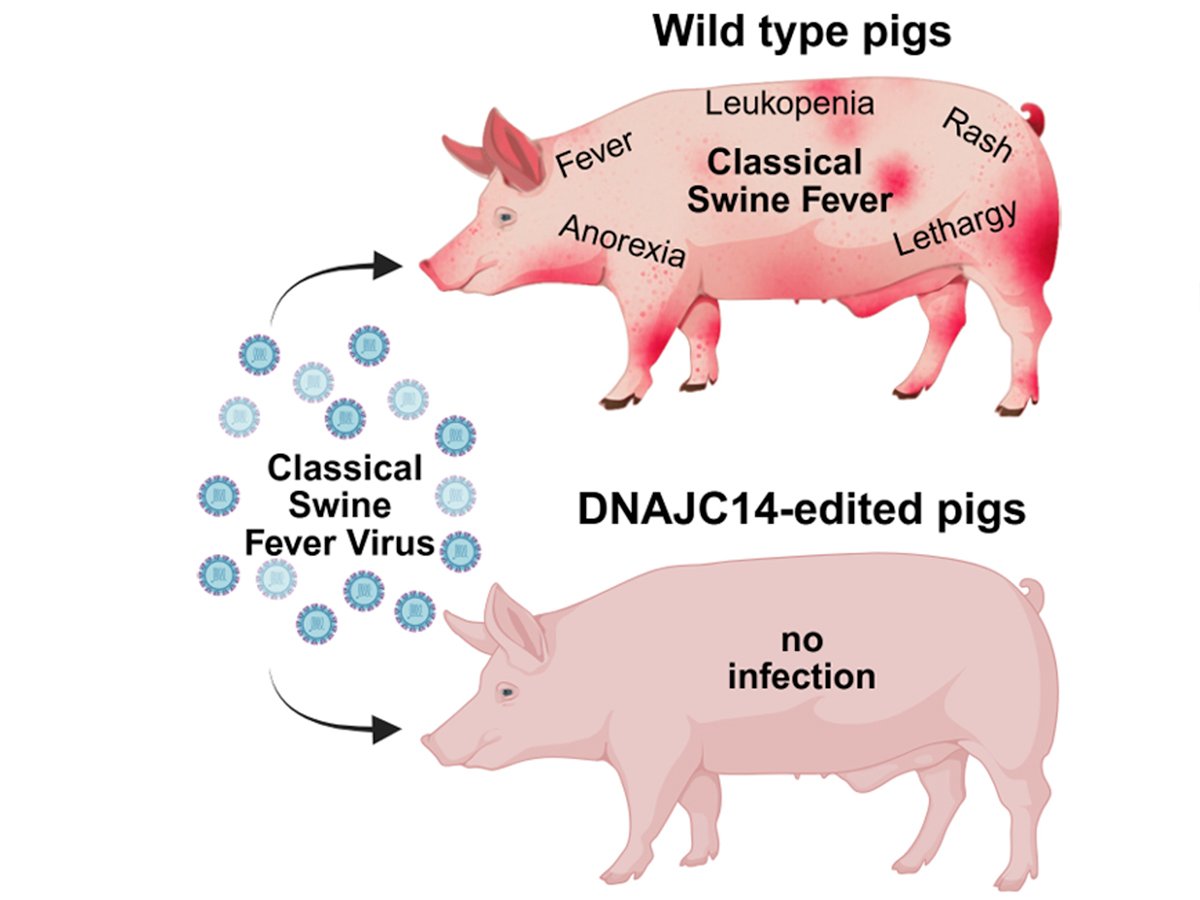The first proposal from within the new Conservative government to loosen the Canadian Wheat Board monopoly will come this week from the chair of the House of Commons agriculture committee.
Saskatchewan MP Gerry Ritz will table a private member’s bill that would allow farmers selling their wheat to a producer-owned value-adding operation to bypass the CWB and its buyback requirement.
Ritz said it is aimed at encouraging farmer-owned, valued-added investment in biofuel facilities or pasta plants. He said the bill would not deal with the more general question of the wheat board single desk.
Read Also

Gene edited pig resistant to classical swine fever
British scientists have discovered a gene edit that could provide resistance to classical swine fever in pigs and Bovine Viral Diarrhea in cattle
“It will be strictly limited to producer-owned, value-added,” he said.
After this week’s tabling, the bill will begin its uncertain trip through the byzantine rules of the House.
Although all private member’s bills can be voted on, they must first be the subject of two hours of Commons debate. Scores of private member’s bills vie for a spot in the hour allotted on most parliamentary days for discussion of a private member’s bill. Ritz said it is possible the first hour of debate on his bill will happen before Parliament adjourns for the summer in June. The second and last hour, with a vote following, could come next winter.
Although the Conservative party campaigned on a promise to end the CWB monopoly, agriculture minister Chuck Strahl has said he will not move on that promise quickly, since wheat board reform is a broader and more complicated issue than just dealing with the single desk issue.
The government has placed more priority on the issue of farm income and reform of existing income support programs.
The debate likely will feature the starkly opposing views on the wheat board.
Proponents of Ritz’s bill will argue it is a common sense attempt to encourage new opportunities for grain farmers to develop profitable outlets without challenging the overall CWB monopoly.














